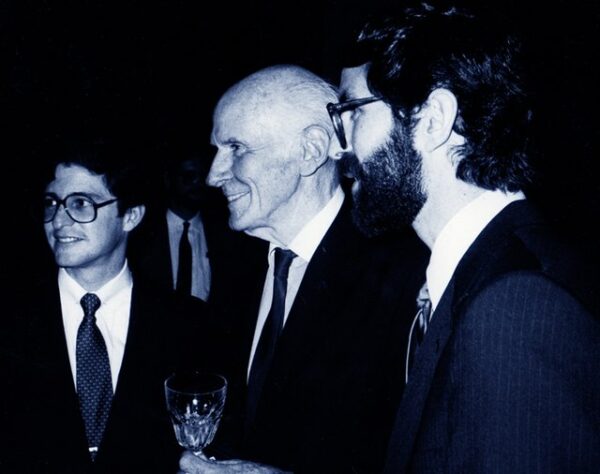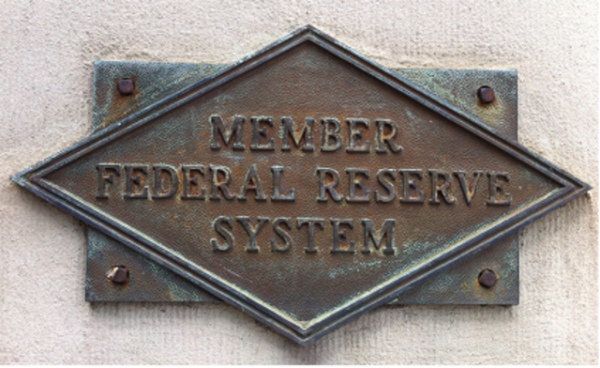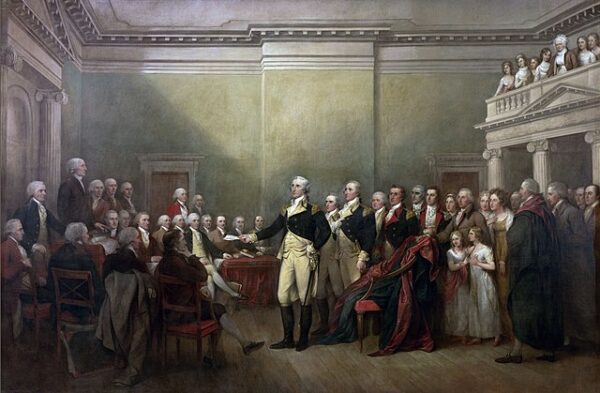On November 20, 1991, the United States Senate Ethics Committee formally censured Senator Alan Cranston of California, concluding an extensive investigation into his controversial ties to Charles Keating, a central figure in the savings-and-loan crisis. This censure, among the severest actions the Senate can take short of expulsion, underscored Cranston’s alleged ethical lapses in dealings that called into question the integrity of his office.
The savings-and-loan crisis of the late 1980s was a financial debacle that resulted in the collapse of hundreds of thrift institutions across the United States, with losses exceeding $100 billion. At the heart of the crisis was Charles Keating, the chairman of Lincoln Savings and Loan, who used his financial institution to engage in high-risk investments that eventually led to its insolvency. Keating’s aggressive lobbying efforts and significant political donations became a focal point of controversy, particularly his contributions to five senators, including Cranston, who later became known as the “Keating Five.” These senators faced allegations of intervening on Keating’s behalf with federal regulators, raising questions about undue influence and conflicts of interest.
The Ethics Committee investigation revealed that Cranston had accepted significant campaign contributions from Keating and his associates, totaling hundreds of thousands of dollars. These contributions coincided with instances where Cranston appeared to pressure federal regulators who were reviewing Lincoln Savings and Loan’s financial practices. While the committee did not find evidence to suggest criminal wrongdoing, it concluded that Cranston’s actions violated Senate rules and created an appearance of impropriety that undermined public trust in the institution.
In its statement of censure, the committee condemned Cranston’s conduct as “contrary to the standards of behavior expected of a United States senator.” Though largely symbolic, the censure represented a serious reprimand, casting a shadow over Cranston’s long political career. By this point, Cranston had already decided not to seek re-election in 1992, a decision influenced heavily by the scandal’s fallout. His political legacy, once defined by progressive advocacy and a commitment to public service, was permanently tarnished by the ethics investigation.
The censure of Cranston highlighted broader concerns about the intersection of money and politics. During the investigation, critics pointed to the ways campaign contributions could create perceived or actual conflicts of interest, undermining the democratic process. The scandal also underscored the vulnerabilities of the savings-and-loan industry during a time of deregulation, which allowed institutions like Lincoln Savings and Loan to operate with minimal oversight until their eventual collapse. Cranston’s case became emblematic of these larger systemic issues, serving as a cautionary tale about the importance of ethical conduct and accountability in public office.
For Cranston, the censure marked a bitter conclusion to a distinguished career. As a four-term senator, he had been a staunch advocate for progressive causes, including civil rights, environmental protections, and nuclear disarmament. However, his involvement in the Keating scandal overshadowed these achievements, illustrating how lapses in judgment could irreparably damage a public servant’s reputation. While the censure did not carry legal consequences, its moral and political weight was considerable, serving as a public acknowledgment of Cranston’s failure to uphold the ethical standards of his office.






